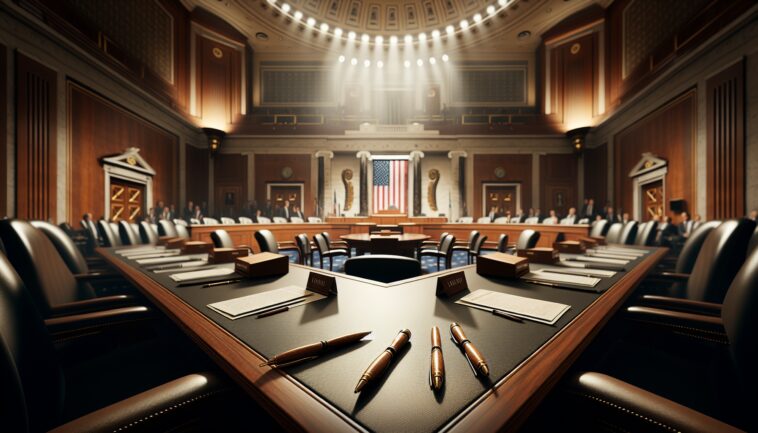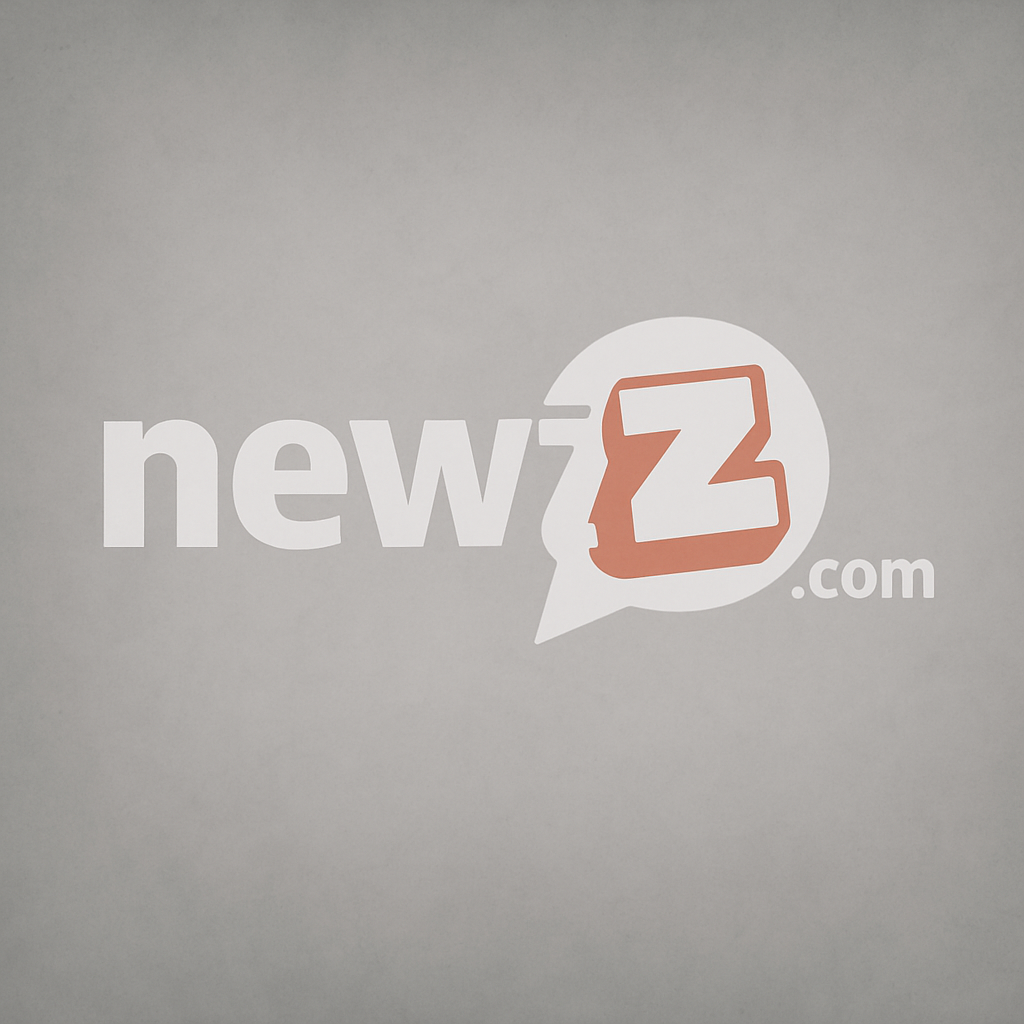Table of Contents
NPR’s accountability hearing: A wake-up call for public broadcasting
In a recent congressional hearing, NPR CEO Katherine Maher faced tough questions regarding the outlet’s coverage of the Hunter Biden laptop story. This hearing, held by the House DOGE subcommittee, aimed to hold public broadcasters accountable for their use of taxpayer funding.
Maher admitted that dismissing the laptop story was a “mistake,” a significant acknowledgment that has sparked discussions about media bias and accountability.
Public broadcasting under fire
The hearing revealed a growing concern among lawmakers about the perceived bias in public broadcasting.
Maher’s admission came under intense questioning from Republican lawmakers, who highlighted the lack of balanced coverage in NPR’s reporting. The CEO expressed regret over previous dismissive remarks about the Hunter Biden story, acknowledging that the editorial leadership now views it as a misstep.
This moment marked a pivotal shift in NPR’s narrative, as it recognized the need for a more balanced approach to reporting.
Media coverage of the hearing
Interestingly, major broadcast networks like ABC, CBS, and NBC chose to ignore the hearing, opting instead to focus on other stories.
This lack of coverage raises questions about the media’s commitment to transparency and accountability. While the networks reported extensively on other political events, the absence of coverage on the NPR hearing suggests a reluctance to confront uncomfortable truths about media bias.
The contrast in coverage highlights the ongoing struggle for impartiality in journalism.
The implications of bias in journalism
Maher’s testimony also brought to light the broader implications of bias in journalism. She acknowledged her past controversial tweets about Trump, stating that she has “evolved” from those views.
This admission reflects a growing awareness among journalists about the impact of personal biases on reporting. Furthermore, studies cited during the hearing indicated a significant disparity in how NPR and PBS cover political events, with a notable bias against Republican narratives. This revelation has prompted calls for greater accountability and transparency in public broadcasting.
Looking ahead: The future of public broadcasting
The recent hearing serves as a crucial reminder of the importance of accountability in public broadcasting. As NPR and PBS navigate the challenges of maintaining impartiality, the pressure from lawmakers and the public will likely continue to grow. The need for diverse perspectives in newsrooms is more critical than ever, as it ensures that all voices are heard and represented. Moving forward, public broadcasters must prioritize transparency and strive for a balanced approach to reporting, fostering trust among their audiences.




